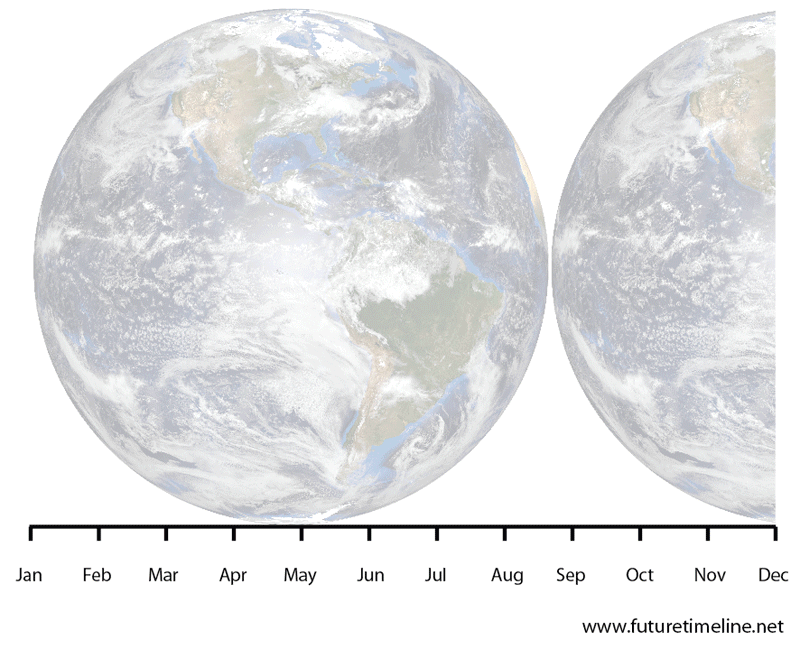
20th August 2013 Earth Overshoot Day Today – 20th August – is the date when our ecological footprint exceeds our planet's budget for this year.
Humanity has exhausted nature's budget for the year and is now operating in "overdraft" – according to data from the Global Footprint Network, an international sustainability think tank with offices in California, Europe and Japan. Earth Overshoot Day is the approximate date when humanity's annual demand on nature exceeds what Earth can renew in one year. The Global Footprint Network tracks our demand on the planet's ecological resources (such as food provisions, raw materials and carbon dioxide absorption) – our Ecological Footprint – against nature's ability to replenish those resources and absorb waste. The latest data shows that, in just over eight months, we have used as much nature as our planet can regenerate this year. The rest of the year now corresponds to overshoot. We will maintain our ecological deficit by depleting stocks of fish, trees and other resources, and accumulating waste such as carbon dioxide in the atmosphere and oceans. As our level of consumption, or "spending," grows, the interest we are paying on this mounting ecological debt – shrinking forests, biodiversity loss, fisheries collapse, food shortages, degraded land productivity and the build-up of carbon dioxide in our atmosphere and oceans – not only burdens the environment, but also undermines our economies. Climate change, a result of greenhouse gases being emitted faster than they can be absorbed by forests and oceans, is the most widespread impact of ecological overspending. In the 1960s, humanity used only about two-thirds of Earth's available resources. Back then, most countries had ecological reserves. Yet both global demand and population are increasing. By the early 1970s, increased carbon emissions and human demand for resources began outstripping what the planet could renewably produce. From then on, we went into ecological overshoot.
"Facing such constraints has direct impacts on people. Lower-income populations have a hard time competing with the rest of the world for resources," said Mathis Wackernagel, President of Global Footprint Network and the co-creator of the Ecological Footprint resource accounting metric. Global Footprint Network's latest National Footprint Accounts show that humanity is using ecological resources and services at a rate it would take 1.5 Earths to renew. We are now on track to require the resources of two Earths by 2030. China's total ecological footprint is the world's largest, primarily because of its large population. China's per capita footprint is far smaller than those of countries in Europe or North America, but for the past seven years it has exceeded what is available per person worldwide. Indeed, if everybody were to live like a typical resident of China, it would take 1.2 Earths to support the global population. Other countries' demands on the planet's ecosystems are even higher: If everybody were to live like United States residents today, it would take four Earths to support the global population. In Qatar, the typical resident requires the resources of six and a half Earths. While the global recession that began in October 2008 slowed humanity's demand for resources, our consumption continues to rise. To avoid economic hardship, resource limits must be at the core of decision-making. Current resource trends already cannot meet the needs of the planet's 7 billion – and growing – population. About two billion people lack access to the resources required to meet their basic needs. Today, more than 80 percent of the world's population lives in countries that use more than their own ecosystems can renew. These "ecological debtor" countries either deplete their own ecological resources or get them from elsewhere. Ecological debtors are using more than they have within their own borders. Switzerland's residents consume the ecological resources of four Switzerlands. It would take four Italys to support Italy. Greece uses the resources of 3.1 Greeces.
Not all countries demand more than their ecosystems can provide, but even the reserves of such "ecological creditors" like Sweden are shrinking over time. We can no longer sustain a widening budget gap between what nature is able to provide and how much our infrastructure, economies and lifestyles require. "Everyday life in many Mediterranean countries is showing us what it means to live beyond financial limits," said Alessandro Galli, Global Footprint Network Mediterranean-MENA Regional Director. "Ecological and financial deficits are two sides of the same coin. Over the long run, nations cannot deal with one deficit without addressing the other." It is possible to turn the tide. Ecological debtors have an incentive to reduce their resource dependence, while creditors have the economic, political and strategic motive for preserving their ecological capital. Global Footprint Network and its network of partners are working with organisations, governments and financial institutions around the globe to make decisions more aligned with ecological reality. Rather than liquidating resources, it is wiser to treat them as an ongoing source of wealth.
Comments »
|









